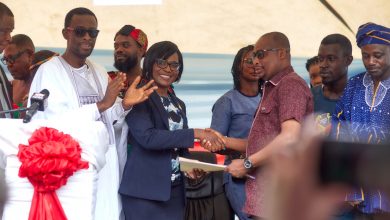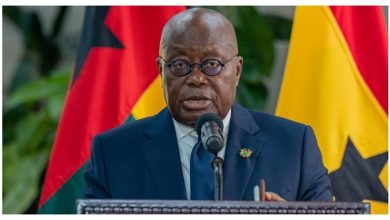
The European Union (EU) has allocated GHC 1.6 million (€100,000) in humanitarian aid to support communities affected by the ongoing cholera outbreak.
The outbreak, which started in October 2024, has now spread to 36 districts across five regions—Greater Accra, Central, Western, Eastern, and Ashanti.
In a press release, the EU announced that the funding would assist the Ghana Red Cross Society (GRCS) in delivering critical relief, including chlorine for disinfection, handwashing stations, and public health education.
As of December 2024, the Ghana Health Service reported 4,850 suspected cholera cases and 35 deaths, despite ongoing vaccination efforts. The outbreak has been linked to poor hygiene practices, inadequate sanitation, and heavy rains exacerbating drainage problems.
The relief efforts will focus on high-risk areas, such as displacement camps and informal settlements on the outskirts of urban centers, according to the release.
The EU expects its funding to benefit 150,000 people who are at high risk of cholera transmission due to limited access to clean water and sanitation.
The Ghana Red Cross has been leading the response, providing sanitation supplies and engaging with communities to prevent the further spread of the disease. This support is part of the EU’s broader contribution to the Disaster Response Emergency Fund (DREF) of the International Federation of Red Cross and Red Crescent Societies (IFRC).
The EU has a €14.5 million humanitarian agreement with the IFRC to replenish the DREF for small-scale disasters that do not trigger formal international appeals. The EU and its member states are the world’s leading providers of humanitarian assistance.
Through its Civil Protection and Humanitarian Aid Operations department, the EU supports millions of people affected by conflict and natural disasters worldwide. Headquartered in Brussels, the EU has a global network of field officers who provide emergency relief based on humanitarian needs.
In addition to its humanitarian efforts, the EU is contributing €40 million to support the development of Ghana’s vaccine manufacturing capacity under its Global Gateway initiative.




